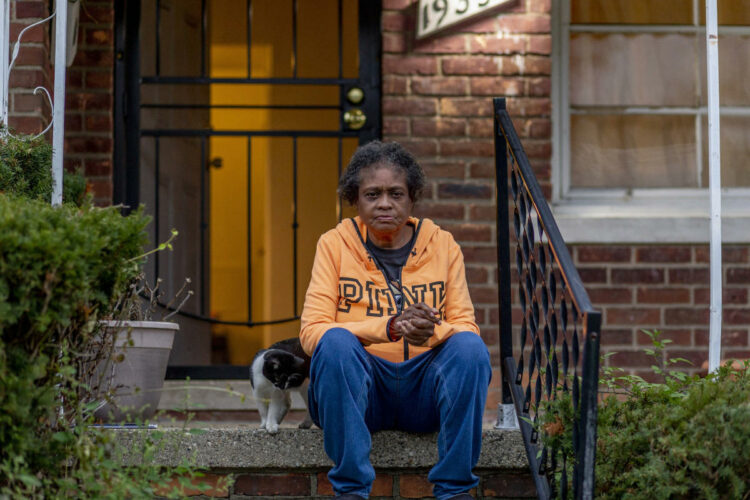A Detroit grandmother who faced eviction last year after falling victim to a “fake landlord” scam is getting a chance to buy her home.
According to NBC News, 65-year-old June Walker initially signed a rent-to-own lease for a three-bedroom bungalow in 2019, paying $500 to a man who claimed to work for the landlord.
After making her last payment in April, Walker thought she had obtained full ownership of her home until a Florida-based real estate company — Boccafe LLC — filed to evict her. Since then, several media outlets have investigated the scam in which people sell or rent vacant homes they do not own.
Though Walker was worried that she’d become homeless, her fears turned into moments of joy after a housing agreement was filed in Detroit’s 36th District to end the eviction. Boccafe vowed to sell the home to Walker for $45,000, which she would pay using the funds she received from an anonymous donor after reading about her situation from the outlet.
The donor, a Texas entrepreneur who grew up in Detroit, was asked to remain unidentified.
According to the agreement, Walker is expected to receive the deed to the home by June 30.
“I’m elated,” Walker said. “Hopefully, this will open doors or help other people who are going through this or keep them from going through something like this.”
Boccafe bought Walker’s home last year for $25,000, records show. The 65-year-old must pay the real estate company $700 a month dating back to June, which her lawyer said would be paid using Covid assistance funds.
“We had a lot of people who were all trying to find a win-win situation,” Boccafe attorney Randy LeVasseur said. “We found one, and we’re happy to move forward.”
In November, Walker reported the scam to the police, and paperwork was filed with the Wayne County prosecutor’s office to issue an arrest warrant, a police spokesman said.
One of Walker’s lawyers, Ted Phillips, the executive director of the United Community Housing Coalition, a Detroit housing advocacy organization, said telling stories like hers “makes it easier to come back and say, ‘We need to prevent stuff like this from happening.'”















